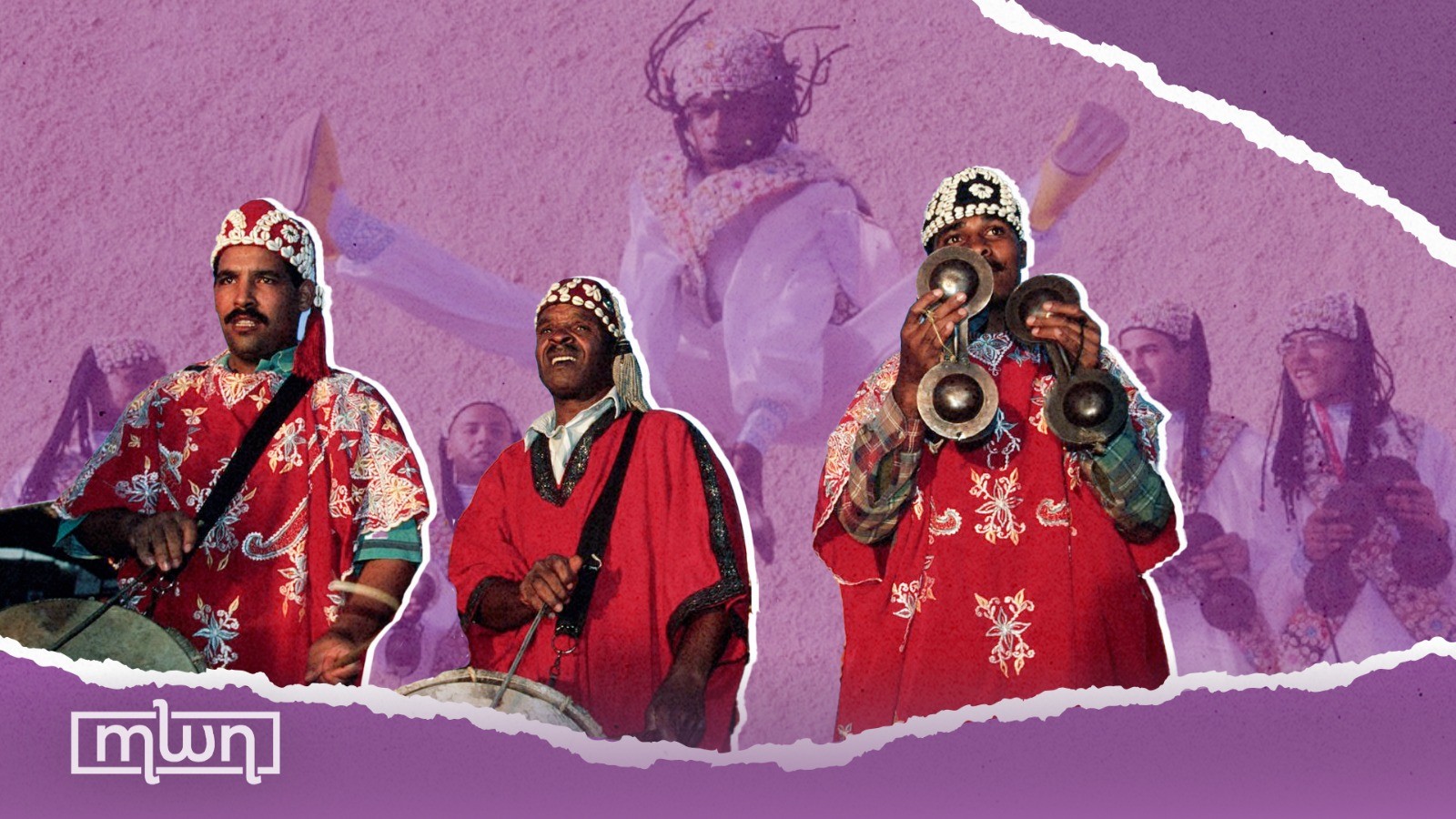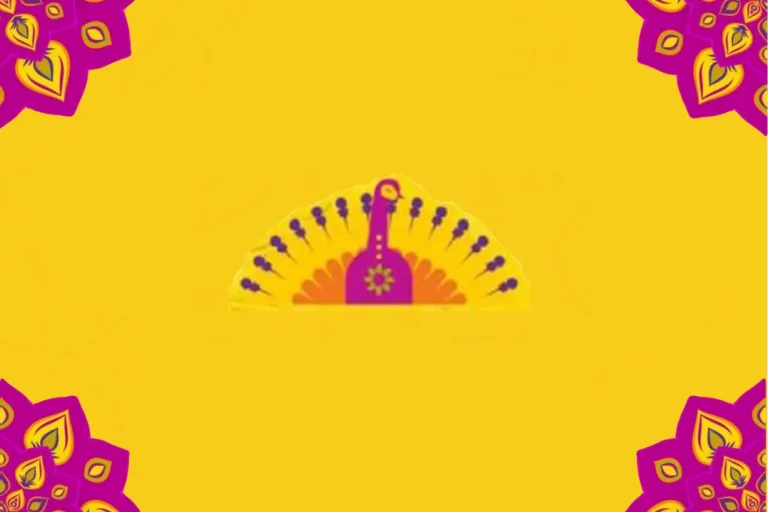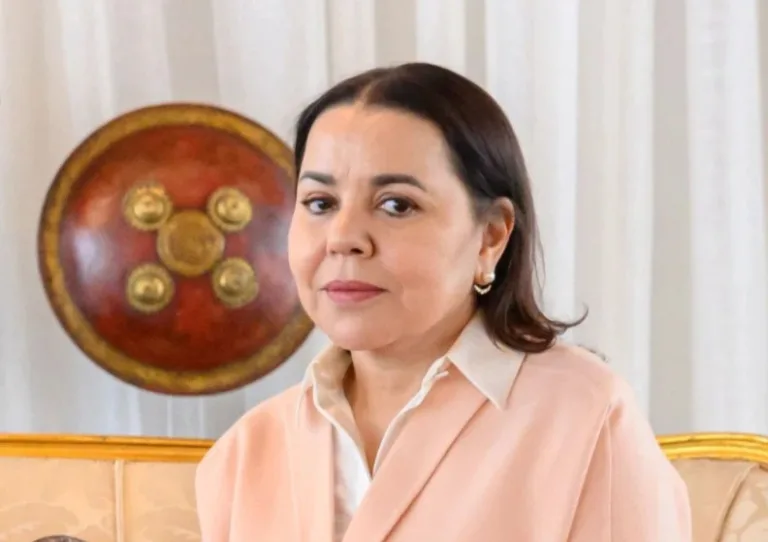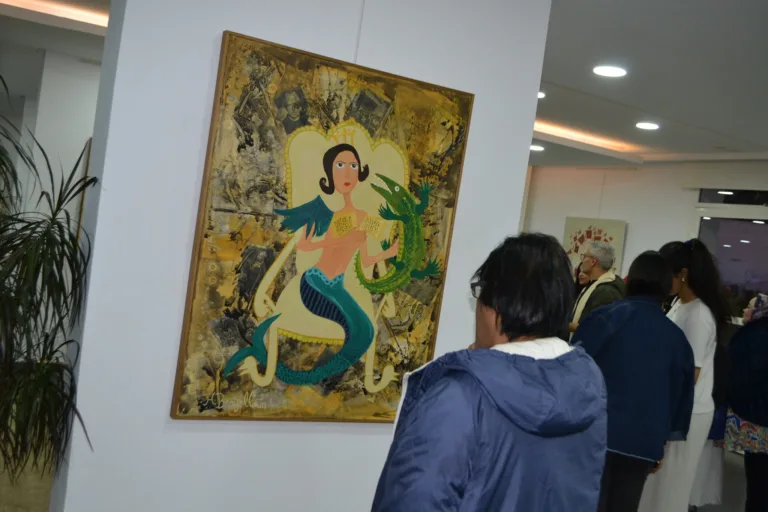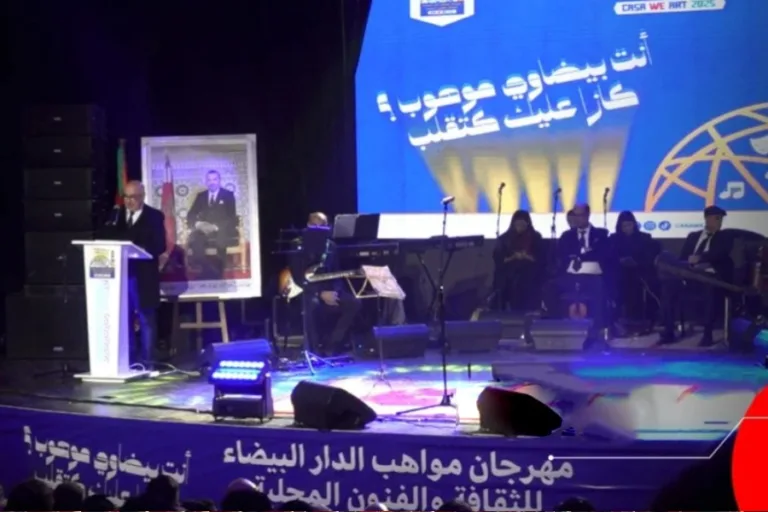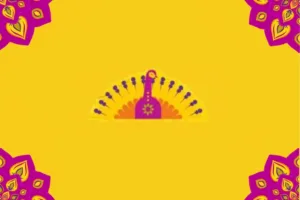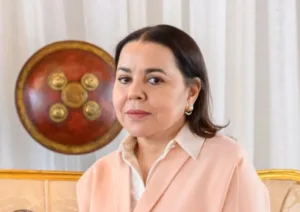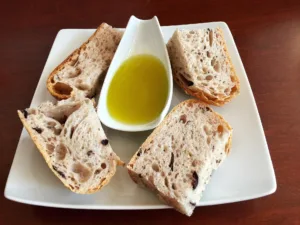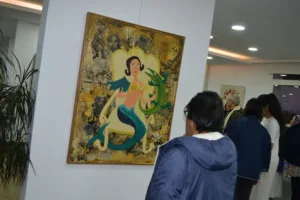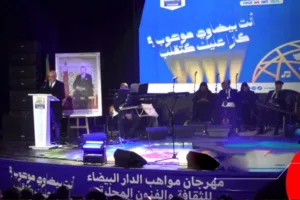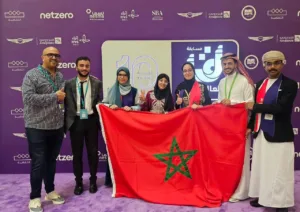Rabat – The Gnaoua, hailing from East and West Africa, constitute an ethnic group and ritual musicians with a historical narrative tied to slavery and migration to Morocco.
While adhering to the Islamic faith, the Gnaoua actively practice their religion.
Their music includes songs that praise God and Prophet Muhammad. However, their ceremonies also involve invoking the jnun, which in Islamic tradition are genies believed to be born of fire.
In Morocco, this cultural community is renowned for its role as traditional healers. Through their songs and dances, they are believed to summon ancestral spirits, contributing to the therapeutic journey.
Formerly secluded within private ceremonies, these ancient rituals have transformed into public spectacles, mesmerizing audiences with their captivating and hypnotic rhythms.
At the forefront of Gnaoua performances is the maâlem, the master musician and spiritual leader.
The maâlem, possessing the expertise in Gnaoua’s complex melodies, leads the ensemble with the guembri, a three-stringed bass lute, guiding the ritualistic chants that transport listeners into a world of spirituality.
While Gnaoua remains deeply rooted in tradition, it has integrated itself into the modern fabric of Morocco.
Read also: Majid Bekkas: Maintaining the Spirituality in Morocco’s Gnaoua Music
In vibrant cities like Essaouira, the rhythmic beats of Gnaoua echoes in contemporary music venues, creating a fusion that captivates audiences of all ages.
Gnaoua festivals have become cultural milestones, drawing music enthusiasts from around the world.
The annual Gnawa World Music Festival in Essaouira stands as a testament to Gnaoua’s global appeal, offering an immersive experience that honors the diverse and vibrant musical heritage of Morocco.
In recent years, Gnaoua has transcended Moroccan borders, gaining international acclaim and influencing artists across the globe.
Its hypnotic rhythms have found a place in the world music scene, with collaborations between Gnaoua musicians and renowned artists from various genres.
Beyond its musical prowess, Gnaoua has become a symbol of Morocco’s cultural identity.
Gnaoua serves as a cultural anchor, connecting Moroccans to their roots while inviting the world to partake in the nation’s rich artistic heritage.

